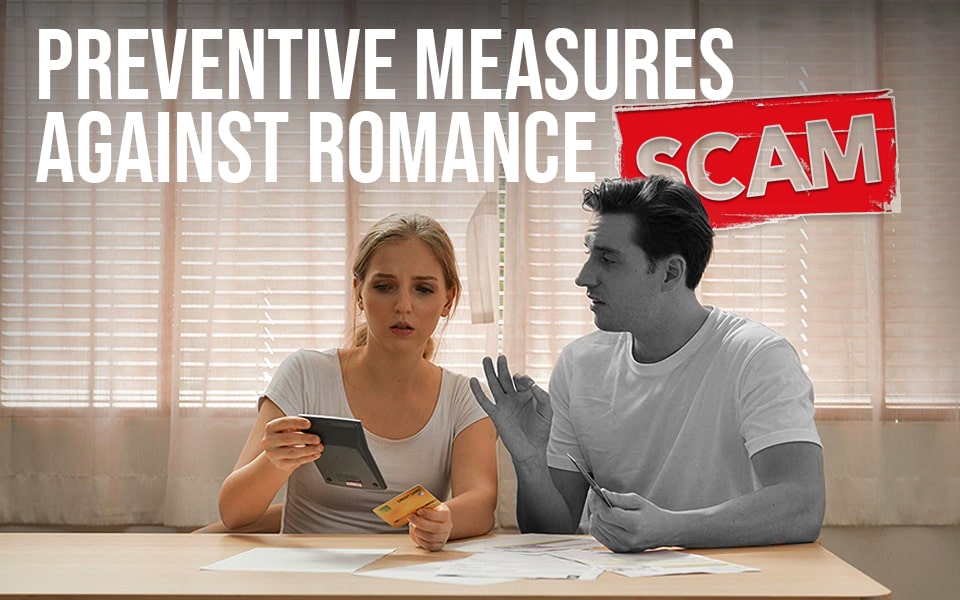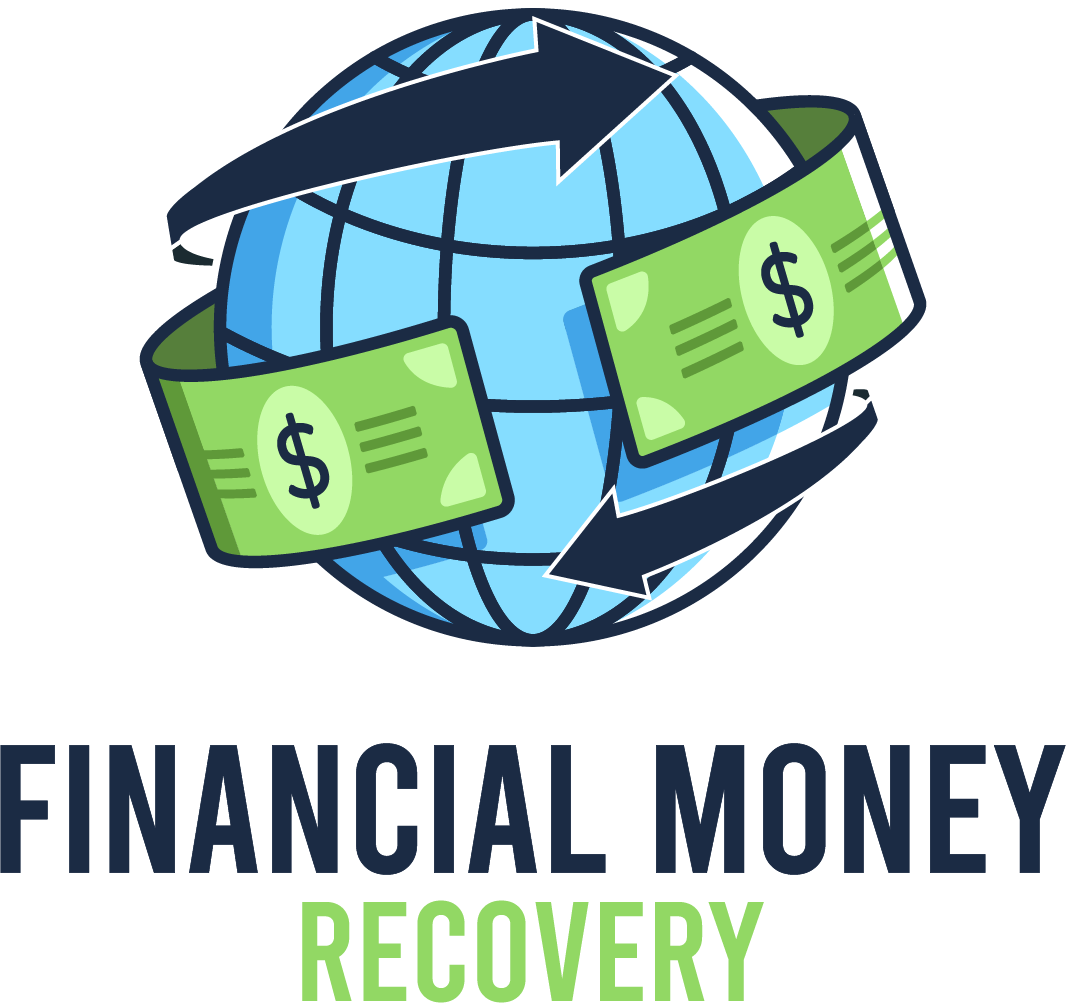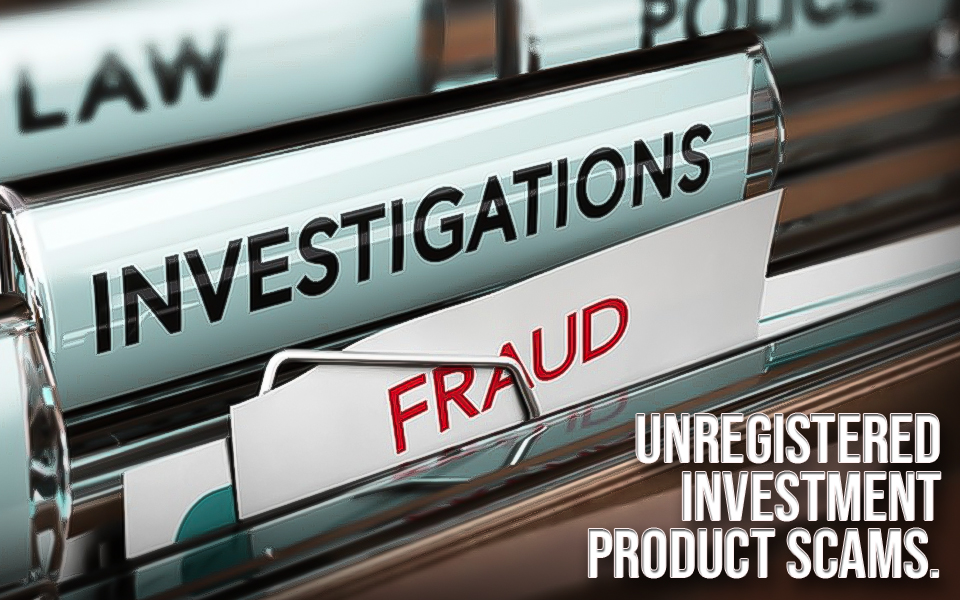



People come across many salesmen via calls, messages, or in person, and they are offered stocks, bonds, and notes. Most of the time, people don’t bother to ask about the legitimacy of the stock, as they believe it is listed and they can get good returns from it. On that basis, scammers run unregistered investment products scams. Where people are made to buy unregistered securities by giving them the offer of earning good returns in the future.
Scammers generally entice victims by offering them securities that can make good money in the future, but the securities hold potential risk, and only individuals with high net worth are qualified investors or accredited investors, and companies can sell securities to them. Apart from that, there are other conditions under which companies can sell unregistered shares or stocks.
But to learn further about the unregistered securities scams, let’s look into what unregistered securities are and what we should look out for.
Shares that are not registered with the Securities and Exchange Commission are stated as “unregistered shares” or sec unregistered securities. Usually, these shares are given by the companies to their employees as an employee stock benefit plan, which is given as compensation for professional services.
Even these are used as a form of exchange fund, which is used as the funds for a startup company. It is also used as a Regulation D offering and for private placements. As a part of the compensation package, it can be issued to executives and board members of the company. As it has a greater potential risk than registered securities companies, they can only sell it to qualified investors (who have high net worth).
Unregistered investment scams are not very popular, but they outnumber other scams too. The SEC has released steps and points by which, if you spot any such scam, you can report it immediately. The following are the methods used by the fraudsters to entice people into the scam.
Unregistered investment professional are the one who are attempting for scams and they are growing and damaging the finance industry, and people who are qualified investors are sometimes victims of these frauds. People who are not qualified investors are being targeted through social media.
These unregistered securities are sold as private securities on social media and advertise their product on a large scale, so many people who don’t meet the criteria for “qualified investors” buy unregistered investments.
The company’s standing is one of the most significant factors to look out for; the company should be listed as active, whether it is a limited liability company or a limited partnership, and it has to be in good standing in the state where it was formed.
It is essential for the companies to pay and file their annual taxes; it will indirectly help to maintain their good standing, and all of these data are available on the online database available in the public domain, which is maintained by the offices of the secretary of state.
What you should look out for is whether the company is listed or not, which can be found in the records of the state that the company claimed to be formed in.
The genuine private offerings are described in a private placement memorandum, or PPM. If any salesperson is rushing you for a deal without providing proper paperwork or anything in writing, you just have to avoid them and report them.
Alongside that, if the paperwork contains lots of writing mistakes like spelling errors, misplaced words, and grammatical mistakes, it can be an investment scam.
Unsolicited offers are mostly associated with affinity fraud, where the person you are familiar with, like a friend or a family member, comes up to you and can give you an offer for investment that is obviously “the best” at that moment, but as happens with everyone who are duped, it turns out to be a scam.
In the unregistered investment scam, it happens occasionally where a friend or family member offers an unsolicited offer and people end up losing everything. As people are at least aware of unsolicited offers coming from strangers via texts or phone calls.
The dominant sales tactics used by the salesperson make the buyers rush into buying the product. The salesman will generally try to sell the product by stating that it is the lifetime opportunity. They will pressure the buyer to immediately answer, or they will lose the offer.
Resist this pressure, use sales tactics, and try to rethink the sales. Take your time to investigate the company and their product before sending them funds or signing any documents, and if they are not letting you decide, then it is nothing but a fraud. A company with a good reputation will always give you ample time to think about the investment.
The biggest red flag in any investment model is high return at low risk; people generally fall for this scam, but there is no investment that offers high returns with low risk or no risk. If you hear such offers, immediately decline them and report them, because they’re nothing but a trap made for you to fall for. Every investment option has potential risks, and there are chances that you can lose all of your funds.
You can be scammed by the fraudster as they try to put up a fake office address and present themselves as a company operating in your state. Most of these companies put a mail address instead of a physical address, and you will never find proper proof of a company’s operation or whether they have any headquarters or something.
You can protect yourself from all of these scams by following a few of the basic steps, which require nothing more than being aware of your surroundings and situation. If you have the ability to calmly handle the situation, then you can easily resist fraudulent offers.
You can do a thorough background check on the company the salesperson mentioned, you can check the registration on the SEC website. You can also do a background check on the investment professional through a FINRA broker check or an investment adviser’s public disclosure.
After a background check, you can understand what type of investment option a salesman is offering. You see whether the investment is suitable and can be beneficial in the future. If you ask a question regarding the investment and the salesman is unable to explain it properly or ignores the details, saying those are technical and complex concepts to understand, that is a red flag.
Last but not least, understand the tactics used by the fraudster, they use many methods to dupe people. Listed below are the tactics used by the fraudster, which are briefly explained on the SEC website.
Winding up the article, I hope you find this article helpful. Unregistered scams are not very popular, but they are carried out on a regular basis, and people are unaware of them. Just like this scam, there are various scams going on, but one of the best ways to avoid them is to be vigilant about them. If you are aware of these scams, you can easily tackle them in the future. If you fall for a victim and your funds are stolen, you can immediately contact law enforcement or recovery firms like Financial Options Recovery to get your funds back.
Unregistered investment companies are companies that are not registered with the SEC, or Securities and Exchange Commission.
The sale of unregistered securities is nothing but the sale of the product in a transaction that is not registered with the Securities and Exchange Commission, which comes under Section 5 of the Securities Act of 1933.
No, bitcoin is the exception in the unregistered security case, as the SEC does not approve it as a security.
If you are a victim of an unregistered investment product scam, Financial Options Recovery can assist you in recovering your funds!